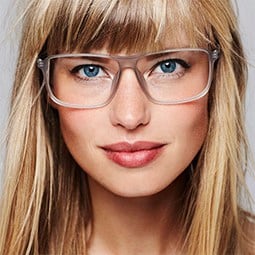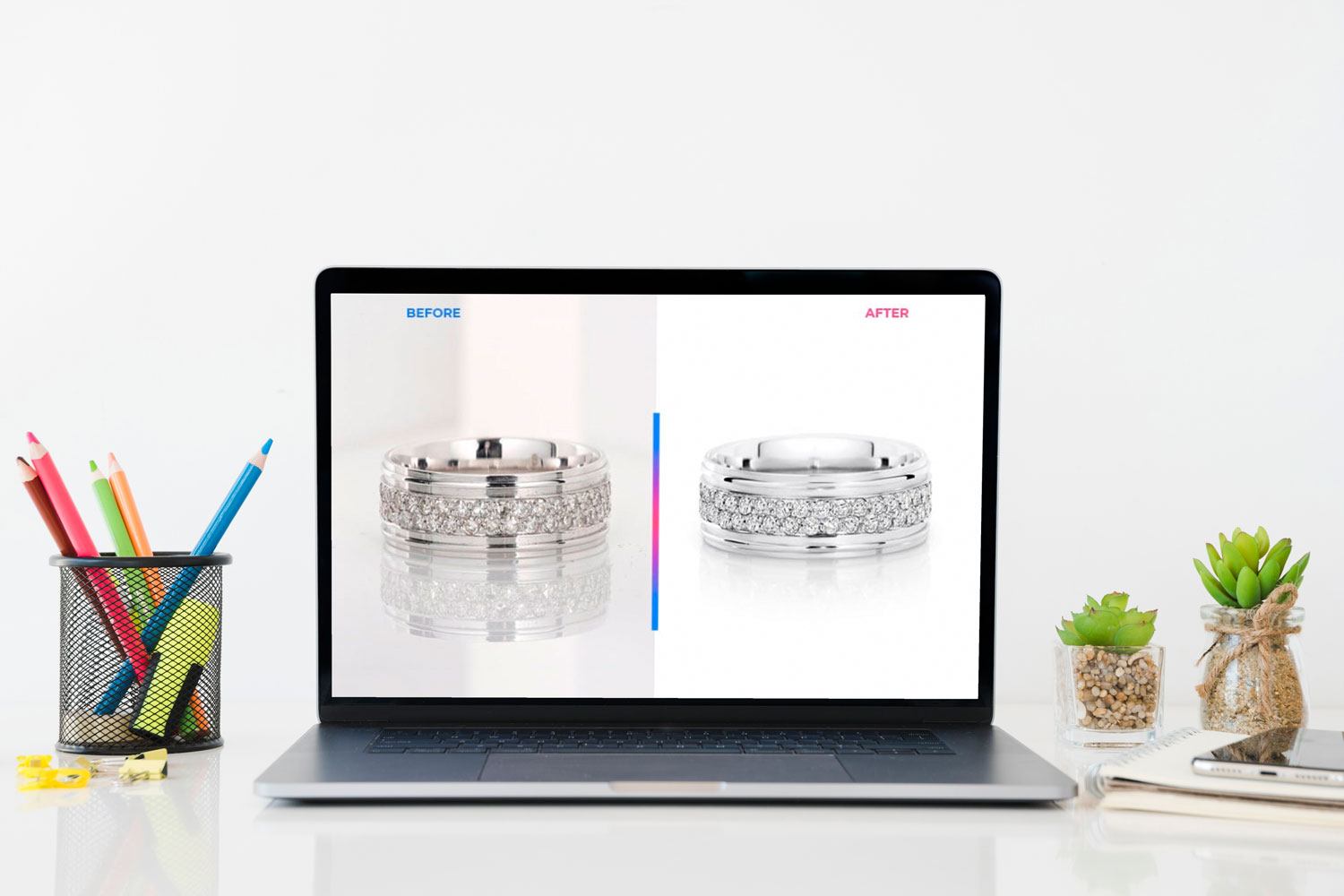Sony vs Canon for Photographers: Which Brand Is Best and Why?
The decision to go with the right camera brand is one of the definite crossroads in a photographer’s life. The two major players in the industry, Sony and Canon, are both dominating the market technology-wise. They both have a massive range of lenses and very loyal followings. Both budding and seasoned photographers can find it rather daunting.
This guide examines the pros and cons of Sony and Canon cameras and explains their equipment, ergonomics, and value for money. By the end of this post, you’ll know which brand is best for your photography.
Table of Contents
ToggleA Brief History of Sony and Canon in Photography
Sony and Canon are both photographic giants, but their respective journeys couldn’t be more different. Canon joined the game in 1937 and developed a cult following with its dependable DSLR cameras, top-notch lenses, and excellent color science. Over decades, Canon built the trust of photographers everywhere, and the brand became practically synonymous with high-quality, pro-caliber photography gear.
Sony, meanwhile, was something of a late bloomer. It released its first digital camera in 1988 but did not achieve serious consideration until it unveiled its groundbreaking Alpha series, a group of mirrorless models in the mid-2000s. Sony’s commitment to mirrorless technology has allowed it to lead innovations such as real-time autofocus and travel-friendly designs, as opposed to Canon’s preference of sticking to the traditional DSLR route that it favored over a decade ago.
Comparing Key Camera Features
1. Sensor Technology
- Sony: Sony is renowned for its advanced sensors, offering exceptional dynamic range and low-light performance. Its cutting-edge full-frame sensors, such as the one found in the Sony A7 IV, provide stunning image quality, making Sony a favorite among landscape and commercial photographers.
- Canon: Canon sensors produce excellent natural tones and colors. The brand’s Dual Pixel CMOS sensor technology is especially praised for delivering smooth and accurate autofocus for both stills and video, particularly in models like the Canon EOS R6.

2. Autofocus Systems
- Sony: Sony’s autofocus is industry-leading, featuring tools like Real-time Eye Autofocus and Real-time Tracking. These systems make tracking moving subjects incredibly accurate and fast, which is perfect for wildlife and sports photographers.
- Canon: Canon autofocus shines with usability and dependability. Its Dual Pixel system, with smooth and reliable performance, is fantastic for videographers and portrait photographers looking for consistent results.
3. Image Stabilization
- Sony: Many Sony cameras include built-in 5-axis image stabilization, a must-have for hand-held shooting. This feature excels in scenarios requiring stills or handheld video capture, even in challenging environments.
- Canon: Canon cameras also offer competitive stabilization, with newer models like the Canon EOS R5 incorporating 8 stops of in-body stabilization. Combined with Canon lenses with IS (Image Stabilizer), the performance is impressive.
4. Video Capabilities
- Sony: Sony often leads the way with video technology. The brand’s mirrorless cameras, like the Sony A7S III, deliver 4K and even 8K video, advanced image profiles (including S-Log), and excellent low-light performance. Videographers adore Sony.
- Canon: Canon excels in video quality too, boasting strong color science and innovative features like the Dual Pixel CMOS AF, which provides smooth focus transitions. The Canon EOS R5 is a clear winner for video professionals.
Which Brand Wins?
Sony’s lens system offers cutting-edge performance for mirrorless users, while Canon’s extensive history means a wider range of both new and used lenses, often at lower prices.
Top Camera Models Compared
▶️ Beginners
- Sony: Sony ZV-E10 (compact and ideal for vloggers)
- Canon: Canon EOS Rebel T8i (intuitive and budget-friendly)
▶️ Intermediate
- Sony: Sony A7 III (a well-rounded choice balancing performance and price)
- Canon: Canon EOS R10 (lightweight with excellent Dual Pixel autofocus)
▶️ Professionals
- Sony: Sony A1 (ultimate technology for photography and video)
- Canon: Canon EOS R5 (perfect balance of build quality, resolution, and usability)
Check out the best cameras for beginner photography.

Ergonomics and Handling
- Sony offers small and lightweight bodies, perfect for photographers who value portability. However, some users find the menu systems less intuitive and the grip less ergonomic, especially on smaller models.
- Canon places significant emphasis on creating user-friendly interfaces with well-designed button layouts and menu systems. Canon bodies tend to feel more robust and comfortable in hand, especially for those used to DSLRs.
Price and Value
- Sony: Premium features come at a premium price. While Sony cameras offer incredible value for tech enthusiasts, beginners may find entry-level models less affordable.
- Canon: Canon caters well to various budgets with accessible entry-level models alongside high-end equipment. The used Canon lens market, in particular, offers excellent value.
Pros and Cons of Each Brand
Sony
PROS
- Best for mirrorless technology.
- Industry-leading autofocus and video features
- Lightweight, compact designs.
CONS
- Higher learning curve for beginners.
- Fewer budget-friendly lens options compared to Canon.
Canon
PROS
- Broad lens ecosystem
- Excellent ergonomics and user-friendliness
- Superior color science, especially in portraits
CONS
- Heavier and bulkier DSLR models.
- Slower to innovate in mirrorless technology compared to Sony
What Do the Pros Say?
Professional photographers who’ve used both Sony and Canon systems often emphasize choosing a brand based on their specific needs:
- “I rely on Canon for portraits because the colors are just unbeatable,” says Kate Davis, a portrait photographer based in New York.
- “Sony’s Real-time Tracking autofocus is a game-changer for wildlife photos. It’s incredibly precise,” notes Jamie Lee, a wildlife pro with over a decade of experience.
Which Brand Is Right for You?
There is no one definite answer to the Sony vs. Canon dilemma, or is there? Sony stands out for techie photographers and videographers who value advanced features and portability. Meanwhile, Canon is for photographers who care about intuitive operation, a great lens ecosystem, and vivid color rendition.
Still undecided? Keep in mind that both options are high-quality. Your selection should be based on your photography style, your budget, and your long-term aspirations.
If you liked this article, please share it with your friends on social media!














